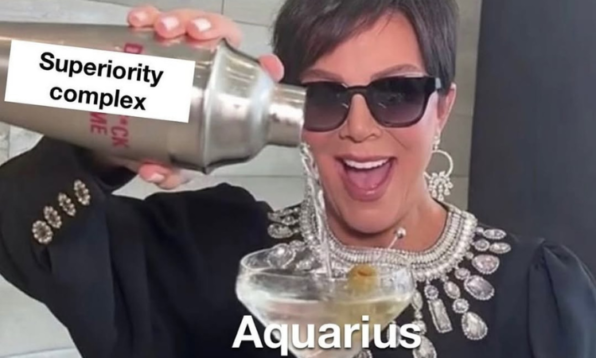If you have been caught in an abusive relationship, especially a trauma bond, walking out may not be as easy as people make it seem. Leaving an abusive relationship is never easy because there is a lot of fear and insecurity to break. Finding a place to live, supporting your kids, if you have any, taking care of your financials, if you haven’t been financially independent, and the social stigma of divorce–these are all things that make people think twice before leaving an abusive relationship. But, despite the challenges, it is important to break free from the shackles of a trauma bond and heal from it. If you are on the road to recovery and healing from a trauma bond, here are some steps you can take.
Related: Trauma Bonding: What Is This Toxic Relationship And How Can You Identify Its Signs?
1. Take a step back
It’s easy to miss the signs of abuse when you are the one suffering in the relationship. So, take a step back and look at your relationship from an outsider’s perspective and you will see all the red flags you missed. Give a thought to the things that make you feel uncomfortable and ask yourself if these are the signs of a healthy relationship. Don’t live in the future and think about what “could” happen. Rather, stay in the present and pay attention to what you are feeling right now in your relationship, and focus on what your partner is making you feel.
Related: Red Flags In Relationships: 10 Little Things That Should Be Deal-Breakers, According To Redditors
2. Keep a journal

Start a journal to keep a note of things that happen every day. This will help you identify the signs of abuse and trauma bond. You can identify behaviour patterns and what your partner did or said to justify that behaviour.
3. Grieve without hesitation
You have invested your time, emotions, and energy in a relationship, and the death of this bond is a sad event. The end of a relationship, no matter how traumatic it was, requires you to grieve without guilt. So, don’t be afraid to shed some tears on losing someone whom you loved, despite the abuse you suffered. But, do not let that grief pull you back into the circle of abuse. This grieving is part of your process of healing from your trauma bond, not going back to one.
4. Find support
Finding family and friends who can be a strong support system is very important, especially when you are getting out of an abusive relationship. It can be difficult to open up to loved ones, especially when you had pushed them off when they tried to help you in the past. But, leave aside the ego and shame, and reach out to them. They can give you a perspective you can’t find yourself.
5. Don’t indulge in self-blame
When you are in the process of healing from a trauma-bonded relationship, it’s easy to spiral into self-blame. You may go looking for reasons to blame yourself for the failure of the relationship or for the way your partner treated you. Make it a point to avoid indulging in self-blame. It was not your fault. All blame lies at the feet of the abuser, not on you. Your partner didn’t abuse you because you weren’t perfect, or you were wrong, but because they just needed an excuse to inflict trauma on you.
6. Make a clean break

Now that you have decided to move on and are healing from a trauma bond, it’s best to make a clean break. Don’t keep any contact with your ex. No calls, no social media, no birthday messages, not even saying hi if you meet somewhere on the street. While you might have had some really great times, they won’t outweigh the bad times and the pain you went through. Be independent of your past relationship, so that you can create healthy bonds in the future.
7. Prioritise yourself
After an unhealthy relationship, it is not easy to trust someone. So, this is the time you need to make yourself a priority. Focus completely on yourself and what makes you happy. Do all the things that you were unable to do but wanted to do when you were with your ex. Find a passion project and invest your time and energy into it. Learn a new language, join a new course, find a new hobby, start your dream business, or just make yourself your number one priority.
8. Make a list of non-negotiables
Having come from a traumatic relationship, trusting someone again doesn’t come easy, and that’s understandable. So, create a list of non-negotiables. Make a list of things that you will absolutely not tolerate in a relationship, no matter what. After all, you don’t want a repeat of the past relationship. This list could include things like “I will not tolerate being spoken to like I am a child”, “I won’t tolerate someone badmouthing my family”, or “Someone who shows me disrespect doesn’t deserve to be in my life”.
Choosing to walk away from an abusive relationship is a brave decision and not one that everyone can take. So, if you have decided to leave behind a trauma bond, you should be proud of yourself. Only forward and upwards from here.
Featured Image Source
 Web Stories
Web Stories













